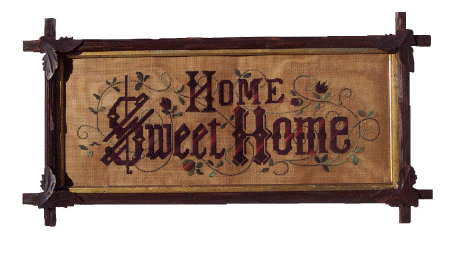PVC Fencing
 Investing in your home is a worthwhile endeavor. When making the decision to add or update your home and property, take the time to consider not only the interior and exterior of the house, but the entire property. Improvements to your outdoor areas can add value to your home far beyond what you may expect. One of the best ways to increase your home investment in a practical and rewarding way is the installation of a fence.
Investing in your home is a worthwhile endeavor. When making the decision to add or update your home and property, take the time to consider not only the interior and exterior of the house, but the entire property. Improvements to your outdoor areas can add value to your home far beyond what you may expect. One of the best ways to increase your home investment in a practical and rewarding way is the installation of a fence.
With the pace of life today, many homeowners find that maintaining their houses and land is time consuming, expensive and sometimes far more complicated than they are prepared for. However, installing and maintaining a new fence doesn’t have to be as difficult as some would imagine. There are several choices when it comes to choosing a building material. Wood, wrought iron and chain link are just a few of the more traditional mediums used. For the more modern homeowner, science has provided us with an alternative in the form of PVC.
PVC is an abbreviation for polyvinyl chloride – a durable polymer that lends itself readily to long-lasting building materials. While the properties of PVC make it suitable for a number of household uses, when the material is created without the addition of plasticizers (which soften the plastic and make it malleable) the resulting product is strong, inexpensive and resistant to wear.
Repair and maintenance requirements are greatly reduced with the use of vinyl fencing. The appearance of a lovely white wooden fence can be achieved with a material that is more weather-resistant than wood. When a painted wooden fence begins to show the wear and tear of age and climate, it must be repainted and worn boards must be replaced. A PVC fence, on the other hand, does not require such stringent maintenance. When the materials become dingy, a simple blast with a garden hose (and perhaps a scrub brush for the extra-tough spots) is all that is needed to return the fence to a pristine brightness.
PVC fencing is also very versatile. It is offered in varying degrees of ornamentation and privacy protection. Careful evaluation of your needs is important to determining the style and strength of the materials used. For instance, the fencing needed around a backyard pool should generally be taller and provide more privacy than the fencing surrounding a decorative suburban front garden.
As with any synthetic material, there do exist some environmental concerns regarding the use of polyvinyl chloride as a material used in outdoor construction (including fencing). Ongoing scientific research has shown evidence that the emissions given off as the polymer molecules age may have a negative impact on the environment, although no definitive determination has been made. The material has been banned in some areas, so consultation of local and state regulations should be done prior to choosing PVC for your fencing needs.
Vinyl may be one of the best options for a home owner that is looking for a low-maintenance, long-lasting way to increase the value of their home without breaking the bank. The variety of PCV fences available can meet nearly every need, whether it be decoration or security.
